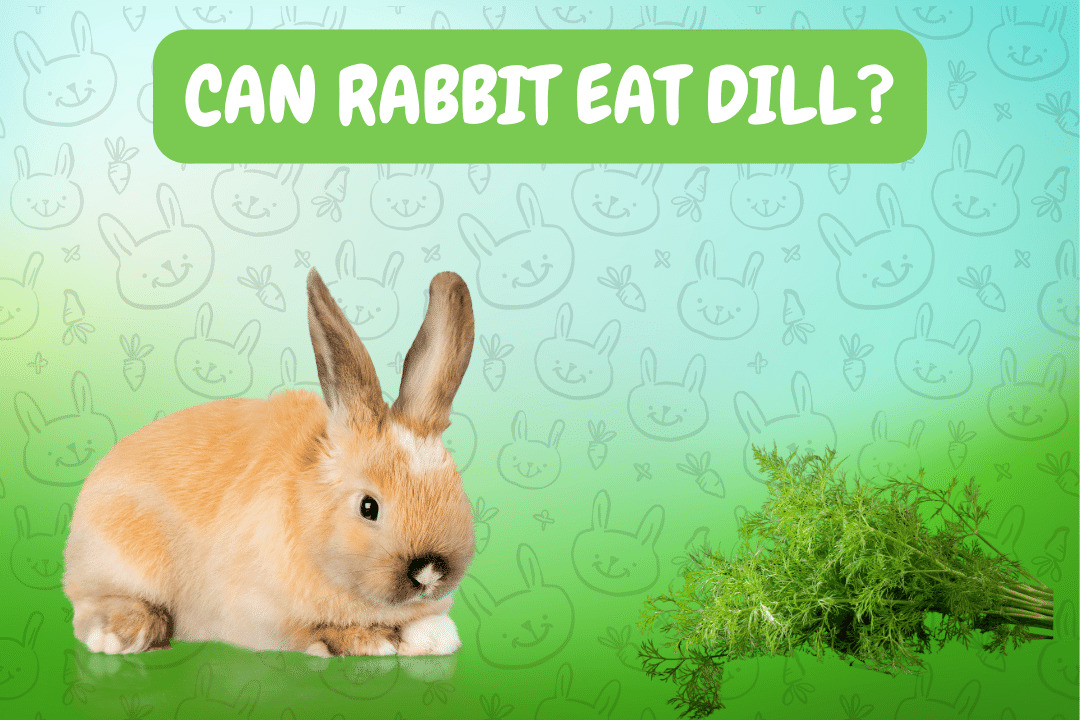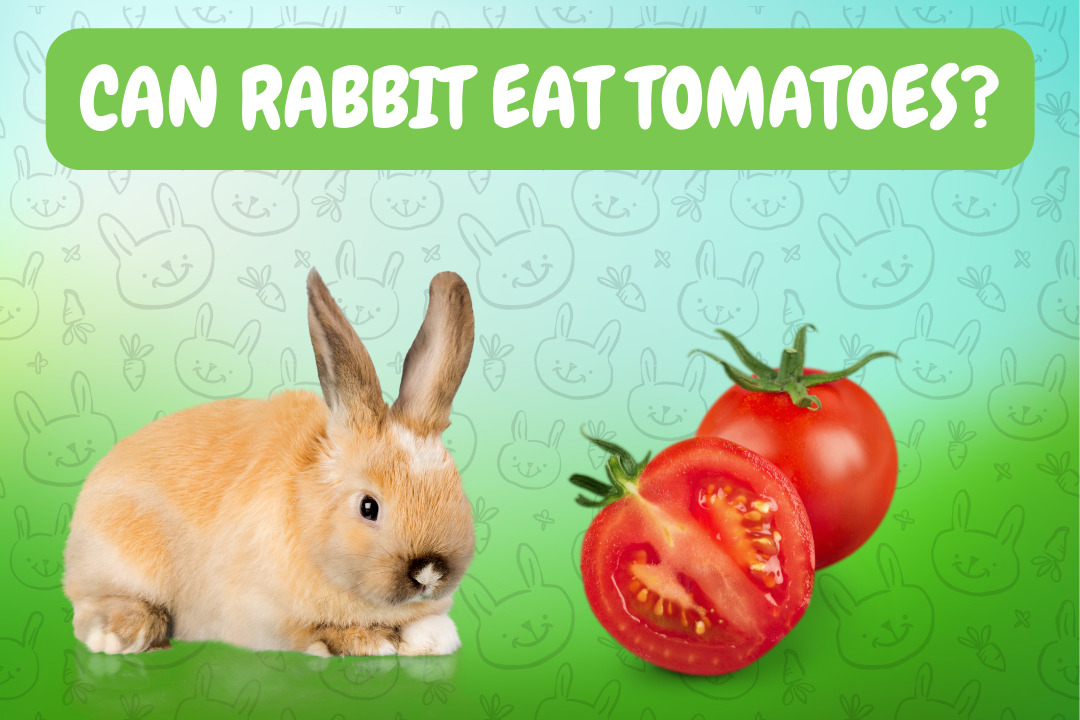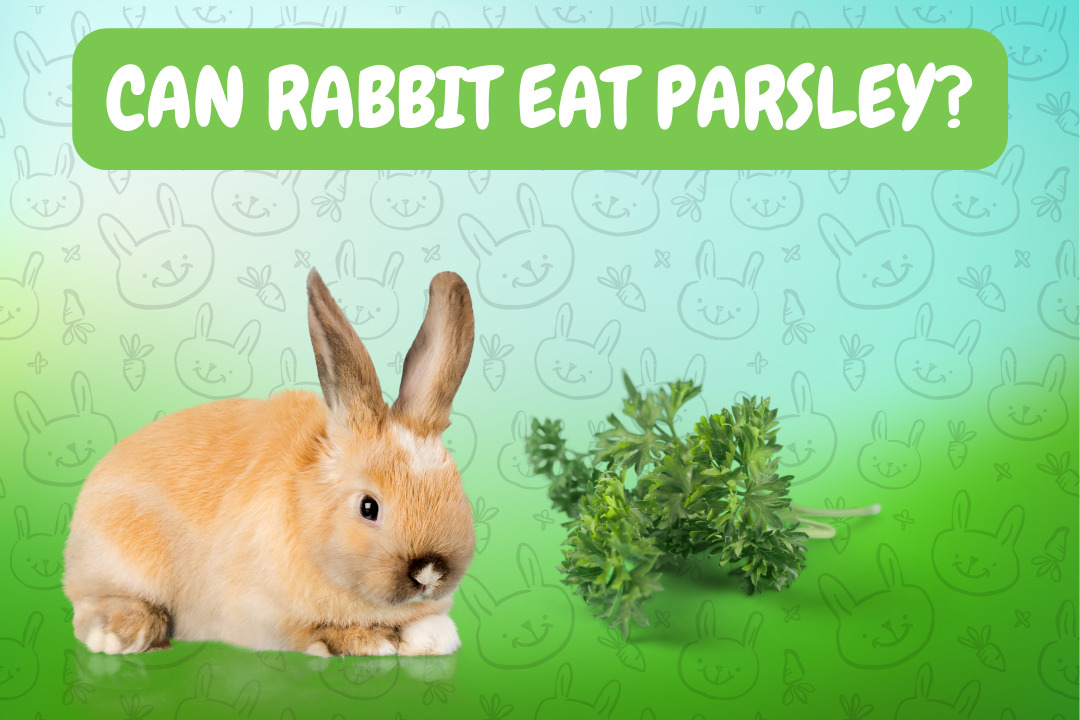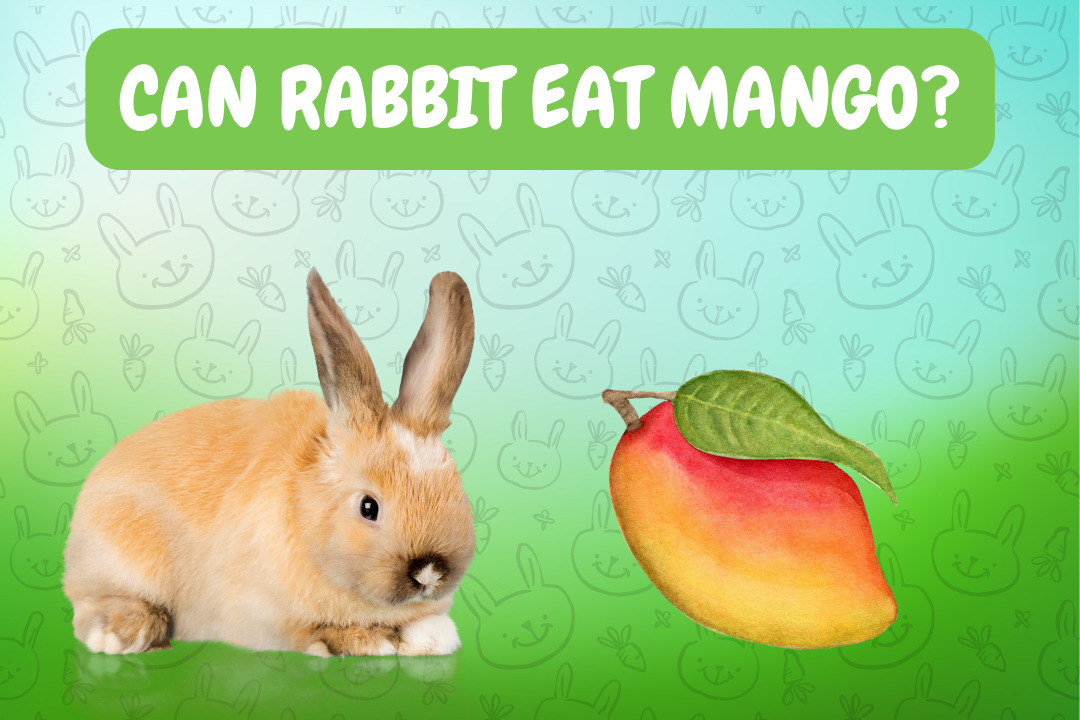Contents
- 1 Benefits of adding dill to a rabbit’s diet
- 2 Nutritional value of dill for rabbits
- 3 How to introduce dill to your rabbit’s diet
- 4 Potential risks and precautions when feeding dill to rabbits
- 5 Other herbs and greens that can be fed alongside dill
- 6 Creative ways to incorporate dill into your rabbit’s meals
- 7 How much dill should be given to rabbits
- 8 Signs of allergies or digestive issues in rabbits caused by dill
- 9 Common misconceptions about feeding dill to rabbits
- 10 Expert opinions and advice on including dill in a rabbit’s diet
- 10.1 Can rabbits eat dill?
- 10.2 What are the benefits of adding dill to a rabbit’s diet?
- 10.3 How should I introduce dill to my rabbit’s diet?
- 10.4 Are there any potential risks or precautions when feeding dill to rabbits?
- 10.5 What other herbs and greens can be fed alongside dill?
- 10.6 How can I incorporate dill into my rabbit’s meals?
- 10.7 How much dill should I give to my rabbit?
- 10.8 What are the signs of allergies or digestive issues in rabbits caused by dill?
- 10.9 Are there any common misconceptions about feeding dill to rabbits?
- 10.10 What do experts say about including dill in a rabbit’s diet?
Benefits of adding dill to a rabbit’s diet
Dill can be a wonderful addition to your rabbit’s diet, offering a range of benefits for their overall well-being. Firstly, dill is packed with essential nutrients that can support your rabbit’s health. It is a great source of Vitamin A, which is essential for maintaining healthy skin, eyesight, and immune function. Additionally, dill contains Vitamin C, an important antioxidant that can boost your rabbit’s immune system and promote overall vitality. So, rabbits can eat dill.
Another benefit of adding dill to your rabbit’s diet is its natural digestive properties. This herb can help stimulate your rabbit’s appetite and promote healthy digestion. It contains enzymes that aid in breaking down food and can alleviate gastrointestinal discomfort. By incorporating dill into your bunny’s meals, you can help maintain a healthy digestive system and reduce the risk of digestive issues such as bloating or gas.
Nutritional value of dill for rabbits
Dill is not only a flavorful herb but also a nutritious addition to a rabbit’s diet. It is rich in essential vitamins and minerals that can benefit their overall health. As a leafy green, dill contains vitamins such as vitamin A, vitamin C, and vitamin K, which support a rabbit’s immune system, promote healthy vision, and assist with blood clotting. These vitamins are vital for a rabbit’s well-being and can contribute to their overall vitality.
In addition to vitamins, dill also provides important minerals for rabbits, such as calcium and potassium. Calcium is essential for maintaining strong bones and teeth, while potassium helps regulate fluid balance and supports proper muscle function. Including dill in a rabbit’s diet can ensure that they receive these vital nutrients to maintain optimal health. However, it is important to note that moderation is key when introducing dill or any other food to a rabbit’s diet.
How to introduce dill to your rabbit’s diet
Introducing dill to your rabbit’s diet can be a simple and enjoyable process. So, can rabbits eat dill? Here are some helpful tips to get started. First, it’s important to remember that rabbits have sensitive digestive systems, so it’s best to introduce new foods gradually. Start by offering a small amount of dill, no more than a few sprigs, alongside their regular diet. This will allow your rabbit to adjust to the new flavor and texture without overwhelming their system.
Another way to introduce dill is by mixing it with their favorite greens or hay. Chop up a few dill leaves and sprinkle it over their usual meal. The smell and taste of dill will add variety to their diet and encourage them to try it. Observe their reaction and make sure they show no signs of discomfort or digestive issues. If they enjoy the dill, gradually increase the amount over time. Remember, every rabbit is different, so be patient and let them dictate their own preferences.
Potential risks and precautions when feeding dill to rabbits
It’s important to remember that while dill can be a tasty addition to your rabbit’s diet, there are a few potential risks and precautions to keep in mind, rabbits can eat dill. First and foremost, moderation is key. Just like with any new food, it’s best to introduce dill slowly and in small quantities to avoid any digestive upset. Rabbits have sensitive digestive systems, so sudden changes in their diet can lead to issues like diarrhea or bloating.
Another consideration is the presence of essential oils in dill. While these oils give dill its distinctive flavor and aroma, they can be overwhelming for a rabbit’s delicate palate. Too much dill can result in your furry friend refusing to eat their regular food or experiencing a loss of appetite. Additionally, some rabbits may be more sensitive to dill than others, so it’s essential to monitor your pet for any signs of allergies or discomfort after introducing dill into their diet.
Other herbs and greens that can be fed alongside dill
Rabbits are herbivores, and it’s essential to provide them with a varied diet to ensure optimal health and nutrition. Alongside dill, there are several other herbs and greens that can be fed to rabbits. One popular choice is parsley, which is not only packed with vitamins A, C, and K but also adds a refreshing flavor to their meals. Similarly, cilantro is another herb that rabbits enjoy, and it provides them with a good source of antioxidants and minerals. Adding a small amount of cilantro to their diet can help stimulate their appetite and provide variety.
When it comes to greens, spinach is a great addition to your rabbit’s meal plan. Not only is it high in fiber, but it also contains essential nutrients like iron, magnesium, and calcium. Another leafy green option is kale, which is known for its high vitamin content, including vitamins A, C, and K. Just be mindful to rotate these greens and herbs, offering them in moderation to avoid dietary imbalances. Remember, it’s always best to consult with a veterinarian or rabbit nutritionist to ensure the best combination of herbs and greens for your fluffy friend’s specific needs.
Creative ways to incorporate dill into your rabbit’s meals
One way to incorporate dill into your rabbit’s meals is by adding it to their favorite treats. For example, you can mix finely chopped dill with plain yogurt and freeze it into small ice cube trays. Once frozen, these dill-infused yogurt cubes can be served as a refreshing and flavorful treat on hot summer days.
Another creative idea is to sprinkle some freshly chopped dill on top of your rabbit’s regular hay. The fragrance and taste of dill will not only make the hay more appealing, but it will also provide some variation to their usual diet. Just make sure to introduce this gradually and monitor your rabbit’s response, as some rabbits may be more sensitive to new flavors and textures.
By trying out these innovative ways to incorporate dill into your rabbit’s meals, you can not only add some variety to their diet but also provide them with the nutritional benefits that dill has to offer. Remember to always consult with a veterinarian before introducing any new food to your rabbit’s diet to ensure their health and safety.
How much dill should be given to rabbits
Rabbits are delicate creatures with a sensitive digestive system, so it’s important to introduce dill into their diet in moderation, rabbits can eat dill, but how much? Too much dill can cause digestive issues such as diarrhea or bloating in rabbits. It’s always best to start with small amounts and observe how your rabbit reacts to it.
A general guideline is to feed rabbits no more than one to two tablespoons of dill per day. This should be spread out throughout the day and mixed with their regular diet of hay, pellets, and vegetables. It’s important to remember that dill should not be the main component of their diet, but rather a supplement to provide additional nutrients and variety. Always consult with a veterinarian to ensure you are feeding your rabbit the appropriate amount of dill based on their individual needs.
Signs of allergies or digestive issues in rabbits caused by dill
Many rabbits can eat dill as part of their diet, but it is important to be aware of potential signs of allergies or digestive issues. It is possible for rabbits to develop an allergic reaction to dill, especially if they have shown sensitivity to other herbs or greens in the past. Signs of an allergic reaction may include itching, redness, and swelling around the mouth or face, as well as difficulty breathing. If you notice any of these symptoms after introducing dill to your rabbit’s diet, it is important to consult with a veterinarian to determine the best course of action.
In addition to allergies, some rabbits may also experience digestive issues when consuming dill. This can manifest as an upset stomach, diarrhea, or bloating. If you observe any of these signs, it may be necessary to remove dill from your rabbit’s diet temporarily and monitor their condition. It is important to introduce dill gradually and in small quantities to ensure that your rabbit’s digestive system can tolerate it. Monitoring your rabbit’s reactions to dill and seeking veterinary advice if needed will help you ensure the overall health and well-being of your furry companion.
Common misconceptions about feeding dill to rabbits
Misconception: Dill is toxic to rabbits
Contrary to popular belief, dill is not toxic to rabbits. In fact, it can be a beneficial addition to their diet when given in moderation. Some people mistakenly assume that because dill is a member of the parsley family, like some toxic plants, it must also be harmful to rabbits. However, dill is perfectly safe and can actually provide numerous health benefits for your furry friend.
Misconception: Dill should only be fed to rabbits occasionally
Another common misconception is that dill should only be given as an occasional treat to rabbits. While it’s true that moderation is key in a rabbit’s diet, dill can actually be incorporated more frequently into their meals. As long as dill is introduced gradually and doesn’t replace the essential hay and fresh vegetables in their diet, it can be safely consumed on a regular basis. So, don’t be afraid to sprinkle some chopped dill onto your rabbit’s food bowl a few times a week for added flavor and nutritional goodness.
Expert opinions and advice on including dill in a rabbit’s diet
Rabbits can benefit from the inclusion of dill in their diet, as it provides them with a range of nutrients and health benefits. According to experts, dill is rich in vitamins A, C, and K, as well as minerals such as calcium, magnesium, and iron. These nutrients contribute to the overall well-being of rabbits, supporting their immune system, bone health, and digestion.
In terms of advice, experts recommend introducing dill gradually to a rabbit’s diet to prevent any digestive issues. Start by offering a small amount and observe how your furry friend responds. If there are no adverse effects, you can gradually increase the serving size. It is important to note that dill should be seen as a supplement to your rabbit’s primary diet of hay, fresh greens, and a balanced pellet food. As with any new food, it is advisable to consult with a veterinarian before making any significant changes in your rabbit’s diet.
Can rabbits eat dill?
Yes, rabbits can eat dill. It is safe and can be a healthy addition to their diet.
What are the benefits of adding dill to a rabbit’s diet?
Dill is a good source of vitamins and minerals, such as vitamin C, vitamin
How should I introduce dill to my rabbit’s diet?
Start by offering a small amount of dill and monitor your rabbit’s reaction. If they tolerate it well, you can gradually increase the amount over time.
Are there any potential risks or precautions when feeding dill to rabbits?
Some rabbits may be sensitive to dill, so it’s important to watch for any signs of allergies or digestive issues. Also, make sure to wash the dill thoroughly to remove any pesticides or chemicals.
What other herbs and greens can be fed alongside dill?
Other safe options include cilantro, parsley, basil, mint, and lettuce. Remember to introduce new foods slowly and in moderation.
How can I incorporate dill into my rabbit’s meals?
You can sprinkle chopped dill over their regular food, mix it into homemade treats, or offer it as a fresh snack.
How much dill should I give to my rabbit?
It is recommended to offer dill in small quantities, as a treat or supplement to their main diet. Too much dill can upset their digestive system.
What are the signs of allergies or digestive issues in rabbits caused by dill?
Signs may include diarrhea, bloating, or a decrease in appetite. If you notice any of these symptoms, stop feeding dill and consult a veterinarian.
Are there any common misconceptions about feeding dill to rabbits?
One misconception is that dill is toxic to rabbits, but in reality, it can be a safe and healthy addition to their diet when given in moderation.
What do experts say about including dill in a rabbit’s diet?
Experts generally agree that dill can be included in a rabbit’s diet as long as it is introduced gradually and in small amounts. However, they emphasize monitoring for any adverse reactions.
Read more about rabbits food, here.



